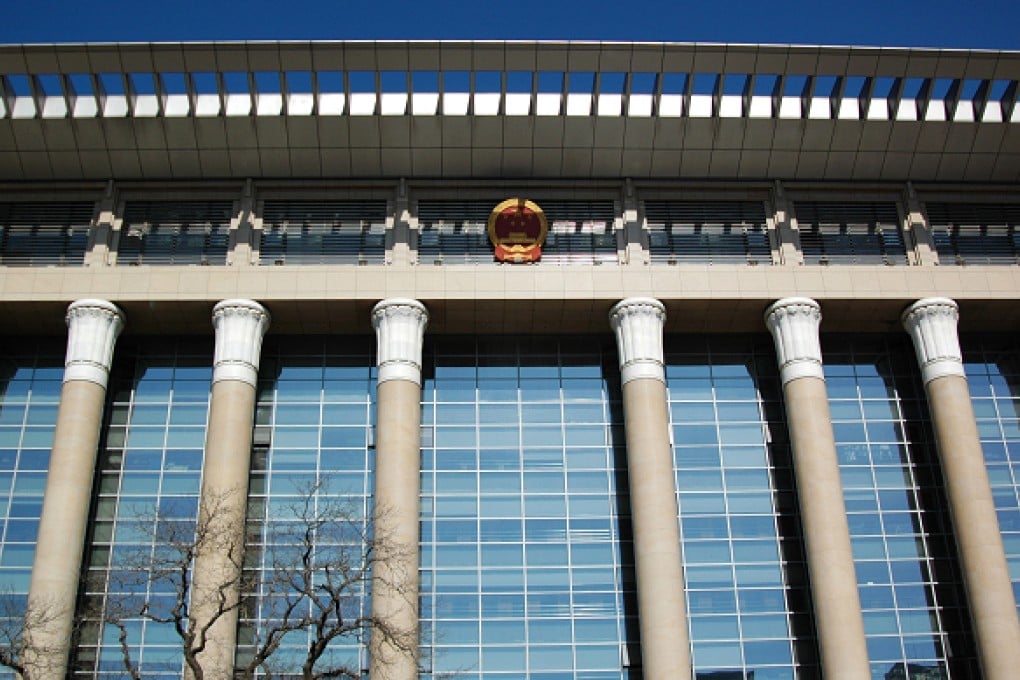Update | China ‘increases rights of the public' in legal cases against the government
Reforms will allow judges to rule on whether government regulations are in breach of the law. Critics say government control of the courts will remain

Courts in China are to be given powers from next month to rule on whether regulations issued by government departments are unlawful if they are sued by members of the public.
The reforms will come into force from May 1, according to a statement from the Supreme People’s Court.
The government said last year that the suggested changes to the law would make it easier for the public to sue government officials around the country for alleged injustices such as abuse of power and alleged illegal land seizures.
China’s judiciary and legislature is controlled by the Communist Party, but the country’s top court announced plans last July to try to increase the independence of the courts to curb abuses of the legal system.
Critics have suggested the reforms do not go deep enough, with party members still drafting the nation’s laws and filling the ranks of the judiciary.
The regulations issued by the government locally and nationally are colloquially referred to as “red-head documents” as they usually bear the name of the government departments that issued them printed in a red letterhead.